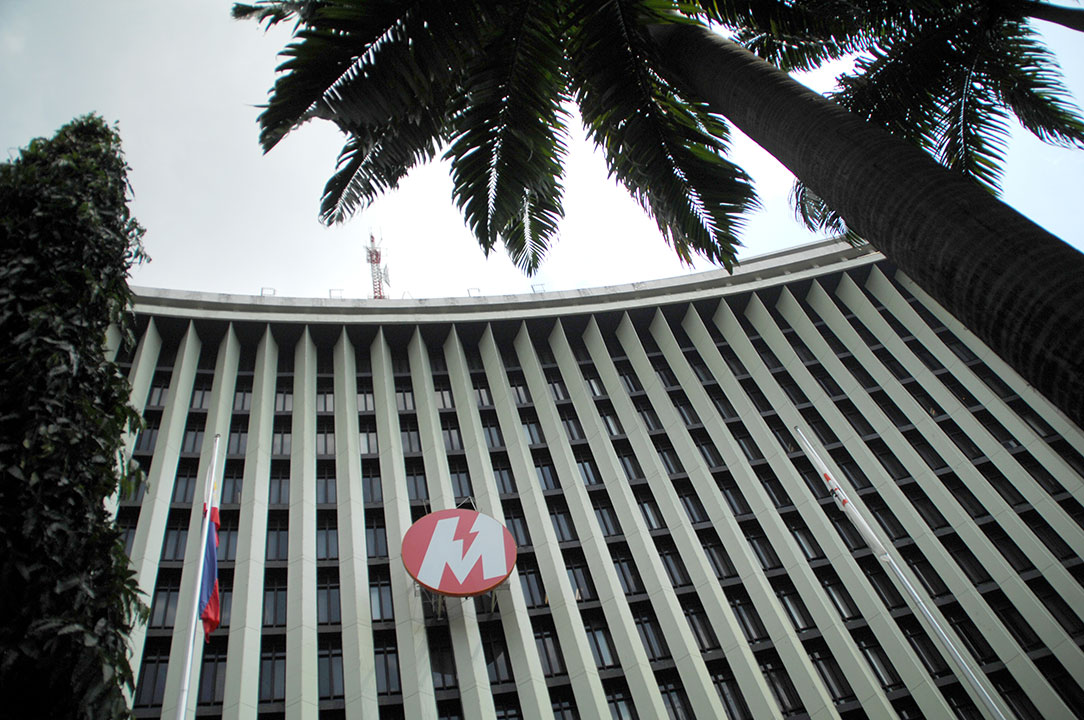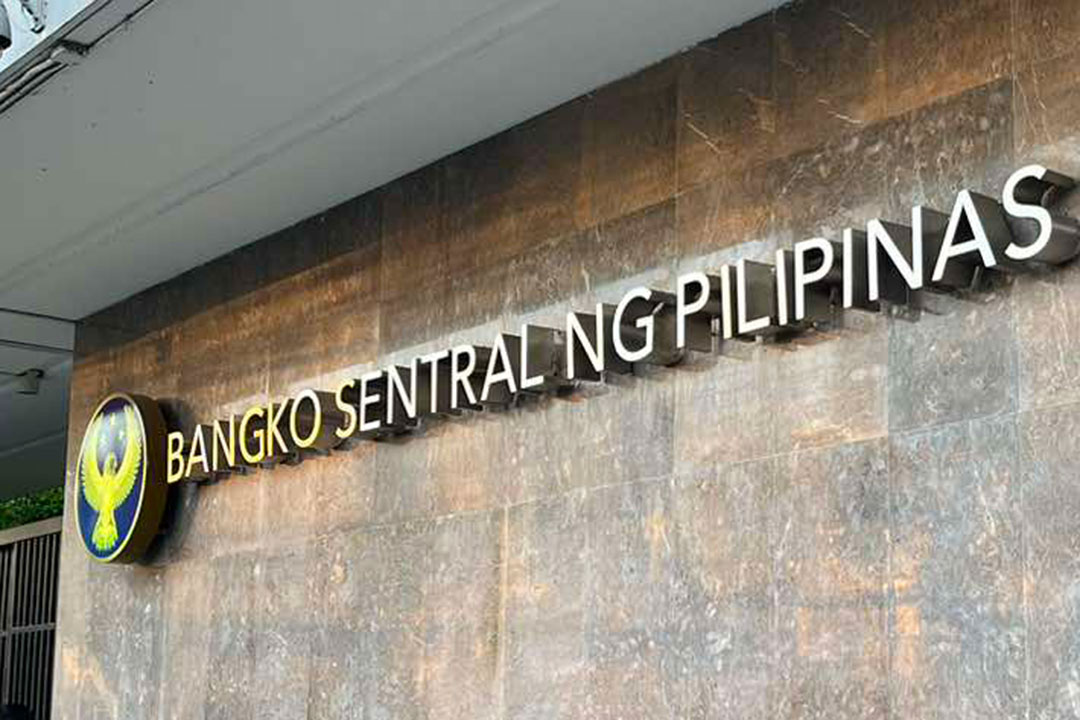
Upgrade to High-Speed Internet for only ₱1499/month!
Enjoy up to 100 Mbps fiber broadband, perfect for browsing, streaming, and gaming.
Visit Suniway.ph to learn
Following the devastating floods brought on by successive typhoons Crising, Dante and Emong and habagat, the Philippine government is looking for long-term solutions. With improper waste disposal identified as one of the major culprits behind clogged waterways and urban flooding, the Metro Manila Development Authority (MMDA) is striking at the core of the problem.
Several days ago, the agency launched the “Bayanihan sa Estero Program,” doubling up its efforts on cleaning up and maintaining drainage infrastructure in Metro Manila as many of waterways are becoming heavily silted and clogged with solid waste contributing to recurrent localized flooding during rainy season.
It seems like the MMDA has gotten the nod of approval from President Marcos, who himself led the launch of the MMDA’s program at Buli Creek in Barangay Pinagbuhatan, Pasig. He highlighted the importance of the multi-sectoral approach for the initiative, “Everyone needs to work together – local government, national government, MMDA and all volunteer groups in civil society,” Marcos said.
Under the program, the MMDA serves as the lead coordinator and implementer, working closely with city and barangay officials to mobilize resources and manpower. The Department of Environment and Natural Resources (DENR) will deploy “estero rangers” to manage trash collection and ensure environmental safeguards in coordination with the MMDA.
Additional support will come from various national agencies: Department of Labor and Employment (DOLE) will provide manpower through the TUPAD program, ensuring labor standards are upheld; Department of Public Works and Highways (DPWH) will supply heavy equipment and engineering support; Department of Education (DepEd) will lead public awareness campaigns on proper waste management and the importance of protecting waterways, and; Department of the Interior and Local Government (DILG) to mobilize barangay volunteers and facilitates local coordination. Private sector partners, including APO fraternity and the Lucio Tan Group, are set to contribute resources such as cleanup tools and equipment.
The MMDA has identified 23 priority esteros for immediate intervention. These sites were selected based on the severity of siltation, waste accumulation, poor water flow, and their vulnerability to flooding. Their proximity to flood-prone communities further underscores the urgency of the cleanup.
MMDA chairman Don Artes confirmed that initial operations are already underway, with the goal of completing cleanup and rehabilitation activities across all 23 esteros by the end of the third quarter.
“Our initiatives play a vital role in flood mitigation. We need to intensify these efforts of declogging our drainage laterals, dredging of open waterways, desilting of drainage mains, and removal of accumulated solid waste with the help of our stakeholders,” he emphasized.
MMDA’s intensified estero cleanup initiative follows President Marcos’ recent State of the Nation Address (SONA), where he issued a stern rebuke to government officials whose alleged corruption has contributed to the failure of flood control projects. In a pointed statement, the President declared, “Mahiya naman kayo,” calling out those involved in questionable dealings and side arrangements that impair public infrastructure efforts of the government.
He referenced the issues of kickbacks, mismanaged initiatives, and the so-called “SOP for the boys,” all the while underscoring the need for transparency, accountability, and genuine public service. The President said that in the coming months, there will be charges filed against those found connected to anomalous deals.
Against this backdrop, MMDA’s Bayanihan sa Estero Program is emerging as a model of political will and decisive action- especially at a time when many agencies have been mired in finger-pointing and deflection.
Instead of joining the blame game, MMDA chairman Artes chose to act. He swiftly mobilized resources, convened partners, and launched a program that directly confronts the urgent issue of clogged waterways and urban flooding. His decision to lead and take matters in his own hands, rather than deflect responsibility, has positioned the MMDA as a model for responsive governance.
If the government is looking for a flood czar – someone who can lead with urgency, credibility, and results – Don Artes is proving to be that figure. Beyond the estero cleanup, the MMDA has rolled out a suite of flood control initiatives, including the construction and upgrading of pumping stations across Metro Manila. These infrastructure projects are expected to significantly reduce flooding in key commercial and residential areas, improving mobility and economic activity.
Equally noteworthy are the innovative waste processing solutions showcased during the cleanup operations. Facilities such as the solid waste granulator, brick making facility and plastic processing equipment at the Vitas Pumping Station are transforming collected waste into eco-bricks, hollow blocks, and concrete barriers, demonstrating how environmental sustainability can be integrated into flood mitigation efforts. Meanwhile, the Tapayan Pumping Station is producing lily pots and charcoal briquettes from water hyacinths, turning invasive species into useful byproducts.
Impressive initiatives I must say, since they reflect a shift from reactive crisis management to strategic, and systems-based solutions- those that are anchored in innovation, collaboration and public accountability.
There is growing hope that other government agencies and local government units will follow suit, tackling the root causes of Metro Manila’s chronic flooding with the same level of commitment. The MMDA’s initiative could serve as a blueprint for future flood control efforts nationwide- grounded in integrity, cooperation, and results.
As a senior citizen, I look forward to the day when we can welcome the rains without fear, confident that our homes, businesses, and communities are flood-free, protected by leaders who prioritize long-term solutions over short-term fixes. Leaders like Artes, who prove that with the right mindset and courage to act, we can build a flood-resilient future for all.

 3 days ago
5
3 days ago
5



